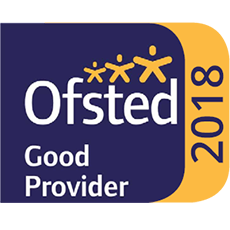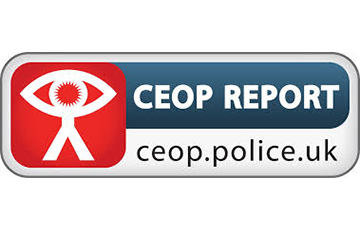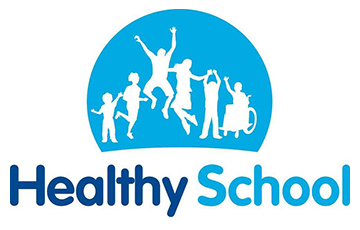Mathematics
Mathematics
'Solving Problems'
At Twyning School we believe that all children can achieve in deepening their understanding in mathematics across our whole school by demonstrating perseverance, being courageous and having motivated teachers as role-models. We are continuously developing the mindsets of both pupils and staff within mathematics to build resilient, well rounded, motivated and successful mathematicians. Through high quality first teaching and expectations, reactive practice and collaborative learning and support, all of our children at Twyning School are given every opportunity to develop both procedural and declarative knowledge.
Mathematics at Twyning prepares our pupils for their future lives by supporting them to develop key skills through the use of a broad, interactive and high quality maths curriculum that makes links to the real world. We foster positive, ‘can-do’ attitudes that inspire a high level of enjoyment of the subject. Our high quality first teaching ensures that mastery is a focus, showing a secure and deep understanding of mathematical concepts through sequential and manageable steps. All pupils at Twyning School will spend time becoming true masters of content, applying and being creative with new knowledge in multiple ways.
“Mathematics is a creative and highly inter-connected discipline that has been developed over centuries, providing the solution to some of history’s most intriguing problems. It is essential to everyday life, critical to science, technology and engineering, and necessary for financial literacy and most forms of employment. A high-quality mathematics education therefore provides a foundation for understanding the world, the ability to reason mathematically, an appreciation of the beauty and power of mathematics, and a sense of enjoyment and curiosity about the subject.” (The New national curriculum in England framework document, July 2013)
Our latest Mathematics - Intent, Implementation and Impact document can be found here.
The National Curriculum for mathematics aims to ensure that all children:
Become fluent in the fundamentals of mathematics, including through varied and frequent practice with increasingly complex problems over time, so that children have conceptual understanding and are able to recall and apply their knowledge rapidly and accurately.
Reason mathematically by following a line of enquiry, conjecturing relationships and generalisations, and developing an argument, justification or proof using mathematical language.
Can solve problems by applying their mathematics to a variety of routine and non-routine problems with increasing sophistication, including breaking down problems into a series of simpler steps and persevering in seeking solutions.
At Twyning School we want all children to be able to see mathematics as an interconnected subject and be able to make connections across mathematical ideas to develop fluency, mathematical reasoning and competence in solving increasingly sophisticated problems. We want our children to apply their mathematical knowledge to all other subjects where applicable.
The expectation in the National Curriculum is that the majority of children will move through the programmes of study at broadly the same pace. However, decisions about when to progress should always be based on the security of children’s’ understanding and their readiness to progress to the next stage. Children who grasp concepts rapidly should be challenged through being offered rich and sophisticated problems before any acceleration through new content. Those who are not sufficiently fluent with earlier material should consolidate their understanding, including, through additional practice, before moving on.
To plan effectively and ensure we are producing lessons that incorporate fluency, reasoning and problem solving; we follow the CanDo Maths scheme of Mathematics.
Useful Links:
Family Maths Toolkit – https://www.familymathstoolkit.org.uk/activities-for-children (“The Family Maths Toolkit is full of ideas to help parents, families and children aged 13 and under enjoy everyday maths activities together.”)



